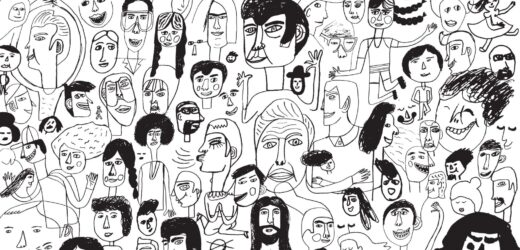The easier description of metacognition is “thinking about thinking.” To be metacognitive implies having knowledge of cognitive processes and having the ability to regulate them. In the case of students, that's knowing about study strategies, their effects on learning, and the ability to act on the knowledge. Knowing that shorter, but regular encounters with content (distributed practice) promotes learning is fine, but that knowledge produces no learning benefit if the student doesn't act on it.
Metacognition: Knowledge and Regulation of Learning

- Tags: metacognition
Related Articles
I have two loves: teaching and learning. Although I love them for different reasons, I’ve been passionate about...
Could doodles, sketches, and stick figures help to keep the college reading apocalypse at bay?...
We’ve all faced it: the daunting stack of student work, each submission representing hours of potential grading. The...
Storytelling is one of the most powerful means of communication as it can captivate the audience, improving retention...
For some of us, it takes some time to get into the swing of summer. Some of us...
About a year ago, I decided to combine the ideas of a syllabus activity and a get-to-know-students activity....
The use of AI in higher education is growing, but many faculty members are still looking for ways...








